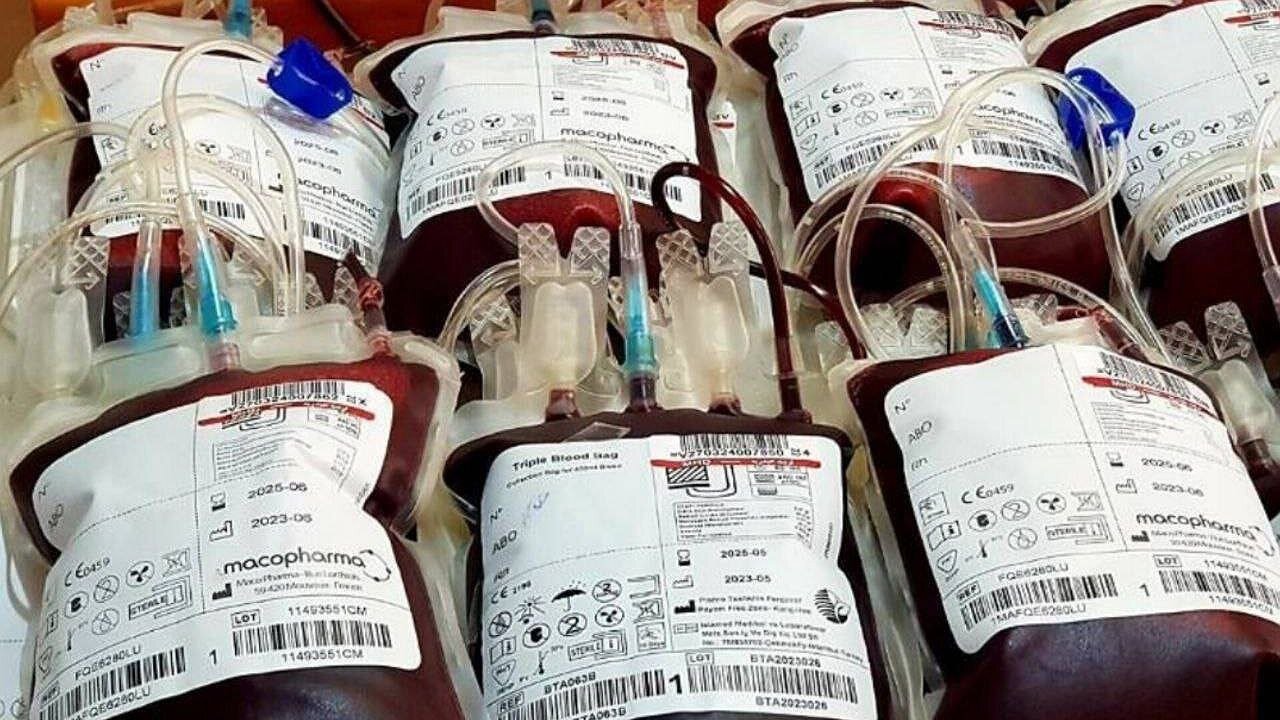Blood donation rises by over 5% in 2 months

TEHRAN – Blood donation in Iran has increased by more than five percent in the first two months of the current Iranian calendar year, which started on March 21, compared to the same period last year.
Also, women’s participation in blood donation has increased by one percent, in comparison to the year before, IRIB reported.
A total of 456,020 blood units were donated over the mentioned period.
The average amount of blood reserves in the country is sufficient for more than 10 days, and for more than 16 days in Tehran.
The blood donation rate has reached 27.8 per thousand people, which is favorable.
The country’s plasma production has reached roughly 400 liters. However, the country needs approximately one and a half million liters of the product.
Blood donation rises by 1.5% yr/yr
Some 2.36 million Iranians donated blood over the past Iranian calendar year (March 2024-March 2025), indicating an increase of 1.5 percent compared to the year before.
Tehran and Fars, Khorasan Razavi, Isfahan, Mazandaran, and Khuzestan provinces made the largest contributions, IRIB reported.
Over the past (Iranian) year, some four million blood units, including blood products, were transferred to medical centers, IRIB quoted Bashir Haji-Beigi, the Blood Transfusion Organization spokesman, as saying.
Men made up 95 percent of blood donors, while women’s contribution amounted to five percent. Women in Lorestan province, North Khorasan, and Sistan-Baluchestan had the highest share, he added.
Highlighting the need for negative blood types, the official said 90 percent of donors had positive blood.
WHO highlights Iran’s capacity
Jaffar Hussain, World Health Organization (WHO) Representative to Iran, has highlighted Iran’s capacity to serve as a model for other nations in the realm of blood transfusion and rare blood management.
Addressing National Rare Blood Day on January 22, the official praised the country’s steadfast commitment to equitable healthcare access, ensuring that no one is left behind, regardless of their blood type.
The official commended the country’s unwavering dedication to tackling the unique challenges surrounding rare blood, emphasizing the critical importance of collaboration, innovation, and unwavering determination in this global endeavor, the WHO website announced in a press release on January 27.
He lauded the Iranian Blood Transfusion Organization’s (IBTO) leadership in blood safety and transfusion services, highlighting their remarkable achievement of a 100 percent voluntary, non-remunerated blood donation system, a testament to the principles of universal health coverage in action. He also thanked the blood donors, whose selflessness serves as an inspiration to all.
MT/MG
